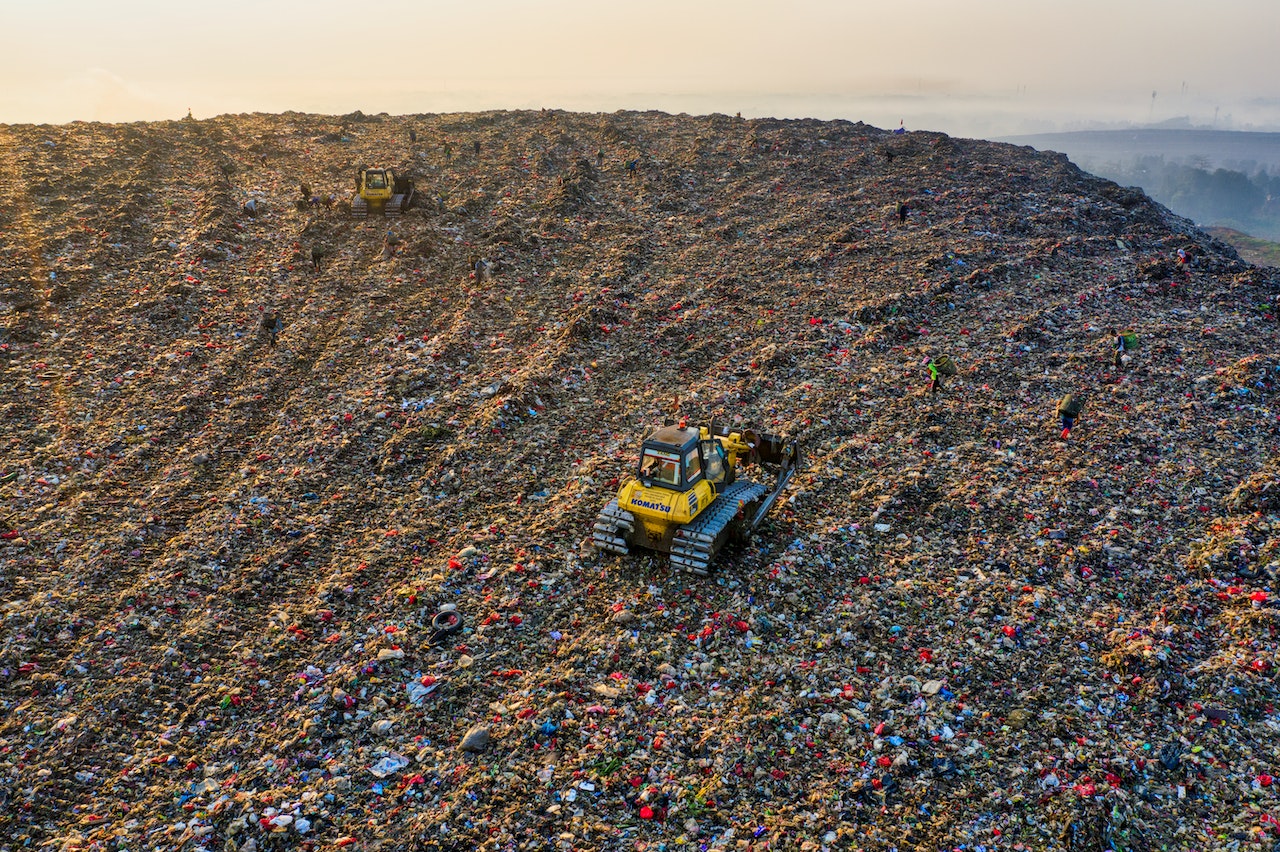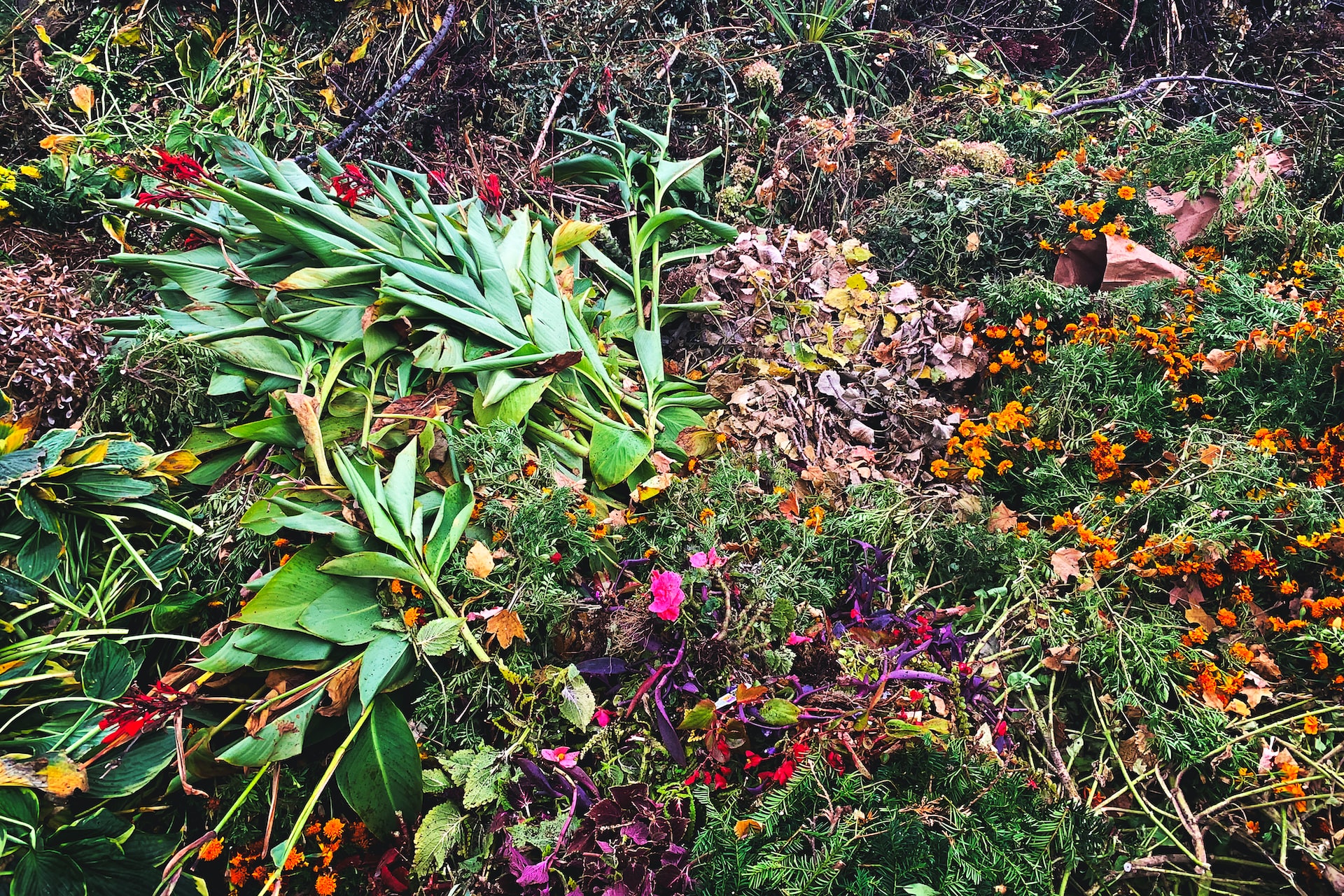Recent Posts
- Home
- Elevate Blog
- Is Composting Better Than Landfill?
Is Composting Better Than Landfill?
Posted on
Landfills are used to collect waste. They are intended to reduce the amount of waste that makes it into the environment and keep it contained. When full, they are covered with a plastic or clay lining and topped with soil, storing trash underground.
Composting on the other hand takes organic materials and breaks them down efficiently. The goal of composting is not to manage waste, but to create beneficial compost!
Composting is much better for the environment than landfill - we would definitely prefer to create beneficial compost than to bury trash underground!
But just how significant are the differences between landfill and composting? Let's break it down:
What Are The Effects Of Landfill On The Environment?
- Landfills take up valuable space.
- Landfills are not designed to break down organic waste.
- Landfills release dangerous emissions into the atmosphere, including carbon dioxide and methane.
- Landfills have a negative impact on the health of nearby communities. These effects are disproportionately felt by marginalized communities.
Organic materials in a landfill environment release significant levels of greenhouse gas, including carbon dioxide and methane. While carbon dioxide makes up the largest percentage of greenhouse gas in the atmosphere (79% in 2020) methane is 84 times more effective at absorbing the sun’s heat.
The total generation of municipal solid waste in 2018 was 292.4 million tons (4.9 pounds per person per day). 146 million tons (50%) of this waste went to landfill. Landfills are the third-largest source of human-related methane emissions in the United States (14.5 percent of methane emissions in 2020)
“At least 25% of today’s global warming is driven by methane from human actions.”
- Methane: A crucial opportunity in the climate fight, Environmental Defense Fund
The average landfill size is 600 acres, and while there is no comprehensive database of landfills in the U.S., it is estimated that there are over 1250 landfills currently open. This space could instead be used for natural habitats, housing, or food production.
Ready to Start Your Sustainability Journey?

Does Composting Reduce Emissions?
Composting is a manufacturing process that transforms organic input into useful materials. Composting keeps organic material out of landfills so that they can instead break down efficiently and be used to enrich the soil!
The decomposition process does naturally produce some emissions. Because compost is exposed to oxygen it produces more carbon dioxide than methane. Because carbon dioxide is a much less potent greenhouse gas, the emissions from composting have a much lower Global Warming Potential than emissions from landfill.
Researchers at NC State University have even conducted a study on the potential of including compost in landfill cover to absorb methane emissions. While this is not an ideal use of compost (we’d much rather re-enrich the soil!) it is yet another potential benefit of composting!
In addition to a reduction in greenhouse gas, compost has other environmental benefits that landfill does not! Composting creates an end product that can be used to enhance existing soil and improve soil damaged by climate change. The application of compost lowers overall greenhouse gas levels by improving the soils ability to sequester carbon.

Reducing landfill emissions and increasing composting access is crucial in the effort to reduce the effects of climate change. Access to mainstream composting can lower greenhouse gas emissions, reduce waste, and create compost to re-enrich the soil.
By using compostable packaging, making your customers aware of the many benefits of compostable packaging, you can help!
Composting Reduces Emissions by diverting organic waste away from landfills.
Composting Transforms Organic Waste into a product that enriches the soil.
Compost Enriches the Soil allowing it to support flourishing plants, trees, and crops.
Composting Reduces the Effects of Climate Change.
 Loading... Please wait...
Loading... Please wait...



